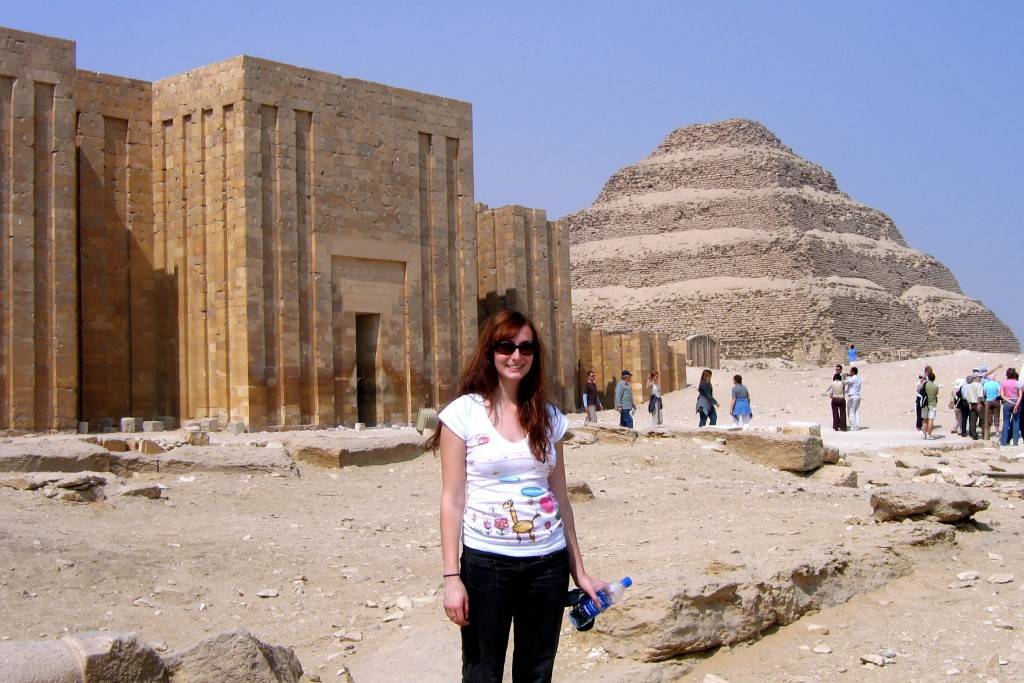
California State University, Dominguez Hills Bachelor of Nursing (BSN) student Anna Rosen will be spending eight weeks in Tunisia this summer following her selection by the U.S. Department of State to its Critical Language Scholarship (CLS) program.
Rosen was one of only 575 undergraduate and graduate students chosen out of a field of 5,200 applicants nationwide to receive the scholarship for 2012. She will be studying Arabic in the city of Tunis.
“I’m really excited,” said the 24-year-old Santa Barbara resident. “It will be my first time to Northern Africa. It’s also the first country to start the Arab Spring; I’m interested to see what the country is like now.”
Rosen says she has been interested in the Middle East since she met a group of foreign exchange students from that region while a student at Santa Barbara City College. The fascination grew as she learned more from classes she took on the Middle East and from subsequent travels to Dubai, Lebanon, Jordan, Egypt, and Israel.
A registered nurse, Rosen currently works at Santa Barbara Cottage Hospital and just completed her first year in the online RN to BSN program offered through CSU Dominguez Hills. She says the self-discipline required of an online program has been a challenge, especially after working 12 hour days, but said she’s been pleased with the program and her professors, who have been supportive and responsive.
She is motivated to do well, because having a BSN will open more doors for her. In particular, having a BSN will allow her to fulfill a goal of moving to the Middle East.
“One of the reasons I wanted to become a nurse is because I wanted to work in the Middle East one day, maybe in public health,” Rosen said, adding that a bachelor’s degree is not only becoming an increasing requirement in the States but also in places like Dubai.
Taking part in the Critical Language Scholarship program will also move her closer to her career goal.
“I’ve always wanted to learn Arabic, and especially if I want to work as a nurse in the Middle East, I’ll need to know it,” she said. “It’s very important to be able to communicate with patients in their language. … I feel very fortunate to be given this opportunity.”
Rosen leaves for Tunis at the end of May. During her eight weeks there, she will be studying Arabic four to six hours a day, five days a week. She says she also looks forward to learning more about the country and its cultures through the various activities planned outside of the classroom and through getting to know her host family.
Established in 2006, the Critical Language Scholarships for Intensive Summer Institutes offers overseas language study to college students as part of efforts to expand the number of Americans learning what the U.S. government deems “critical need languages.” Those languages include Arabic, Azerbaijani, Bengali, Chinese, Hindi, Indonesian, Japanese, Korean, Persian, Punjabi, Russian, Turkish, and Urdu. A program of the U.S. Department of State’s Bureau of Educational and Cultural Affairs, it is administered by the not-for-profit Council of American Overseas Research Centers and the American Councils for International Education.